Gary Lineker: England's WC hero turned 'second to none' broadcaster
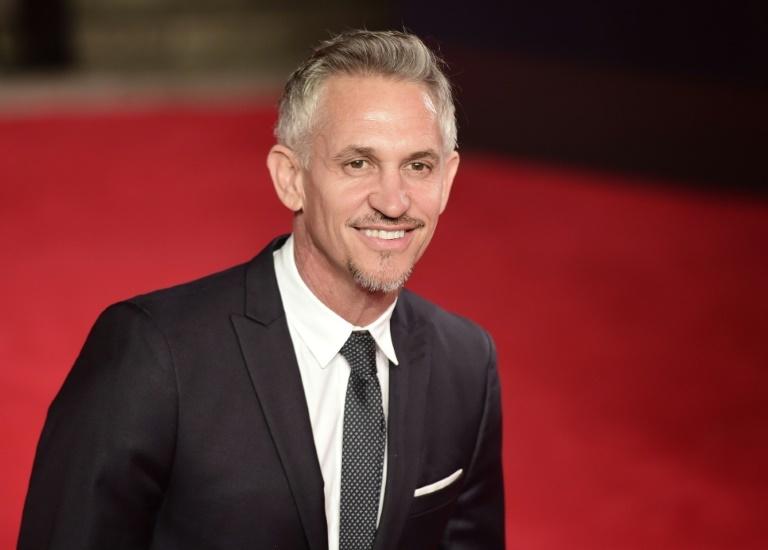
Gary Lineker rose to fame as a goalscoring hero for England at World Cups before becoming the leading face of sports broadcasting for the BBC over the past two decades.
1 year ago
The 62-year-old was told by the publicly-funded British broadcaster to "step back" on Friday from his role presenting its flagship football highlights show "Match of the Day" due to an impartiality row. Lineker criticised the British government's new asylum policy this week, comparing the rhetoric used to that of Nazi-era Germany. Born in Leicester in 1960, Lineker realised his boyhood dream by turning professional with his home town club.
He scored over 100 goals in six years at the Foxes and was later honoured as a Freeman of the City of Leicester. But his goalscoring prowess at a side not competing for trophies at the top of the English game saw him snapped up by then champions Everton in 1985. In just one season on Merseyside, Lineker was again the league's top scorer as Everton narrowly missed out on a league and cup double to local rivals Liverpool.
The 1986 World Cup was to take Lineker's profile to a new level. His six goals, before England bowed out to Argentina in a hugely controversial quarter-final, saw him win the Golden Boot ahead of Diego Maradona. "Before then, although I'd done well at Leicester and had a great season at Everton, I could still just about go about my business," Lineker told the magazine Four Four Two.
"But after that first World Cup, I couldn't go anywhere without being jumped upon it was a different world." His performances caught the attention of Barcelona, who paid a princely sum at the time of £2.8 million for his services. Lineker spent three years at the Camp Nou and was christened with the nickname "El Matador" for his predatory finishing.
On the field he won the Copa del Rey in 1988 and Cup Winners' Cup a year later, but the highlight of his time in Catalonia was a hat-trick in a 3-2 win over Real Madrid in 1987. Lineker is also a fluent Spanish speaker thanks to his spell at Barcelona and presents live matches for La Liga TV's English channel.
He returned to England in 1989 as Tottenham beat out Manchester United for his signature and finally won a trophy in English football when Spurs lifted the 1991 FA Cup. In between there was more World Cup heartache in 1990 as despite Lineker's four goals, including one in the semi-finals, England lost in the last four to Germany on penalties.The final stage of his club career was a short stint in Japan with Grampus Eight before retiring in 1994.
A rise to the top of the sports broadcasting then began with appearances as a pundit BBC radio and TV. He took over as host of Match of the Day in 1999 and also fronted BBC coverage of other major events such as Olympic Games. In a statement on Friday, the BBC described Lineker's sports presenting as "second to none".
He is the corporation's highest paid presenter with an annual salary of £1.35 million, according to figures published last year, despite working as a freelancer rather than a BBC employee. As a player, Lineker boasted an impeccable disciplinary record as he never received a yellow or red card during his 16-year career.
But his desire to speak out on political matters has made him much more difficult for BBC bosses to handle due to the corporation's committment to impartiality. Lineker has hosted refugees in his home and in 2016 criticised treatment of refugees in the UK as being "hideously racist and utterly heartless".
In a public spat with the BBC's cricket correspondent Jonathan Agnew in 2018 over tweets about the Brexit process, Lineker posted: "I'll continue to tweet what I like and if folk disagree with me then so be it." That stance reached breaking point this week, but the esteem with which Lineker is held by his colleagues has proved an extra headache for the BBC hierarchy. One-by-one leading pundits and commentators have pulled out of Saturday's Match of the Day in a show of solidarity, leaving one of the BBC's landmark shows in disarray.
He scored over 100 goals in six years at the Foxes and was later honoured as a Freeman of the City of Leicester. But his goalscoring prowess at a side not competing for trophies at the top of the English game saw him snapped up by then champions Everton in 1985. In just one season on Merseyside, Lineker was again the league's top scorer as Everton narrowly missed out on a league and cup double to local rivals Liverpool.
The 1986 World Cup was to take Lineker's profile to a new level. His six goals, before England bowed out to Argentina in a hugely controversial quarter-final, saw him win the Golden Boot ahead of Diego Maradona. "Before then, although I'd done well at Leicester and had a great season at Everton, I could still just about go about my business," Lineker told the magazine Four Four Two.
"But after that first World Cup, I couldn't go anywhere without being jumped upon it was a different world." His performances caught the attention of Barcelona, who paid a princely sum at the time of £2.8 million for his services. Lineker spent three years at the Camp Nou and was christened with the nickname "El Matador" for his predatory finishing.
On the field he won the Copa del Rey in 1988 and Cup Winners' Cup a year later, but the highlight of his time in Catalonia was a hat-trick in a 3-2 win over Real Madrid in 1987. Lineker is also a fluent Spanish speaker thanks to his spell at Barcelona and presents live matches for La Liga TV's English channel.
He returned to England in 1989 as Tottenham beat out Manchester United for his signature and finally won a trophy in English football when Spurs lifted the 1991 FA Cup. In between there was more World Cup heartache in 1990 as despite Lineker's four goals, including one in the semi-finals, England lost in the last four to Germany on penalties.The final stage of his club career was a short stint in Japan with Grampus Eight before retiring in 1994.
A rise to the top of the sports broadcasting then began with appearances as a pundit BBC radio and TV. He took over as host of Match of the Day in 1999 and also fronted BBC coverage of other major events such as Olympic Games. In a statement on Friday, the BBC described Lineker's sports presenting as "second to none".
He is the corporation's highest paid presenter with an annual salary of £1.35 million, according to figures published last year, despite working as a freelancer rather than a BBC employee. As a player, Lineker boasted an impeccable disciplinary record as he never received a yellow or red card during his 16-year career.
But his desire to speak out on political matters has made him much more difficult for BBC bosses to handle due to the corporation's committment to impartiality. Lineker has hosted refugees in his home and in 2016 criticised treatment of refugees in the UK as being "hideously racist and utterly heartless".
In a public spat with the BBC's cricket correspondent Jonathan Agnew in 2018 over tweets about the Brexit process, Lineker posted: "I'll continue to tweet what I like and if folk disagree with me then so be it." That stance reached breaking point this week, but the esteem with which Lineker is held by his colleagues has proved an extra headache for the BBC hierarchy. One-by-one leading pundits and commentators have pulled out of Saturday's Match of the Day in a show of solidarity, leaving one of the BBC's landmark shows in disarray.

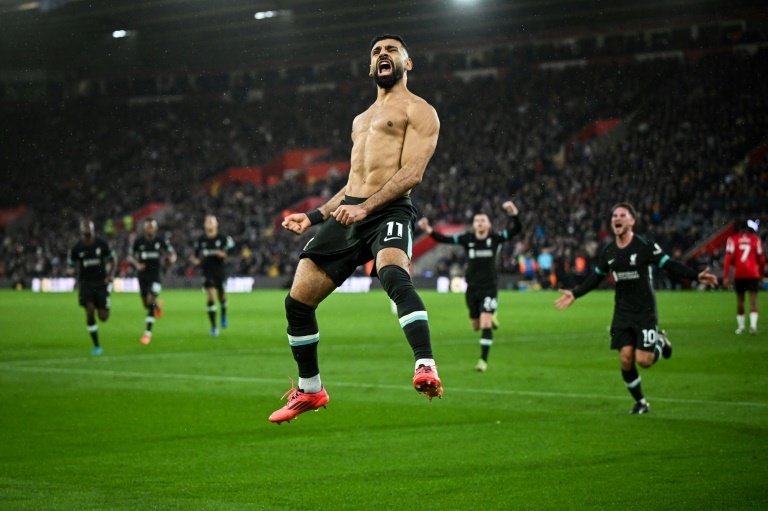
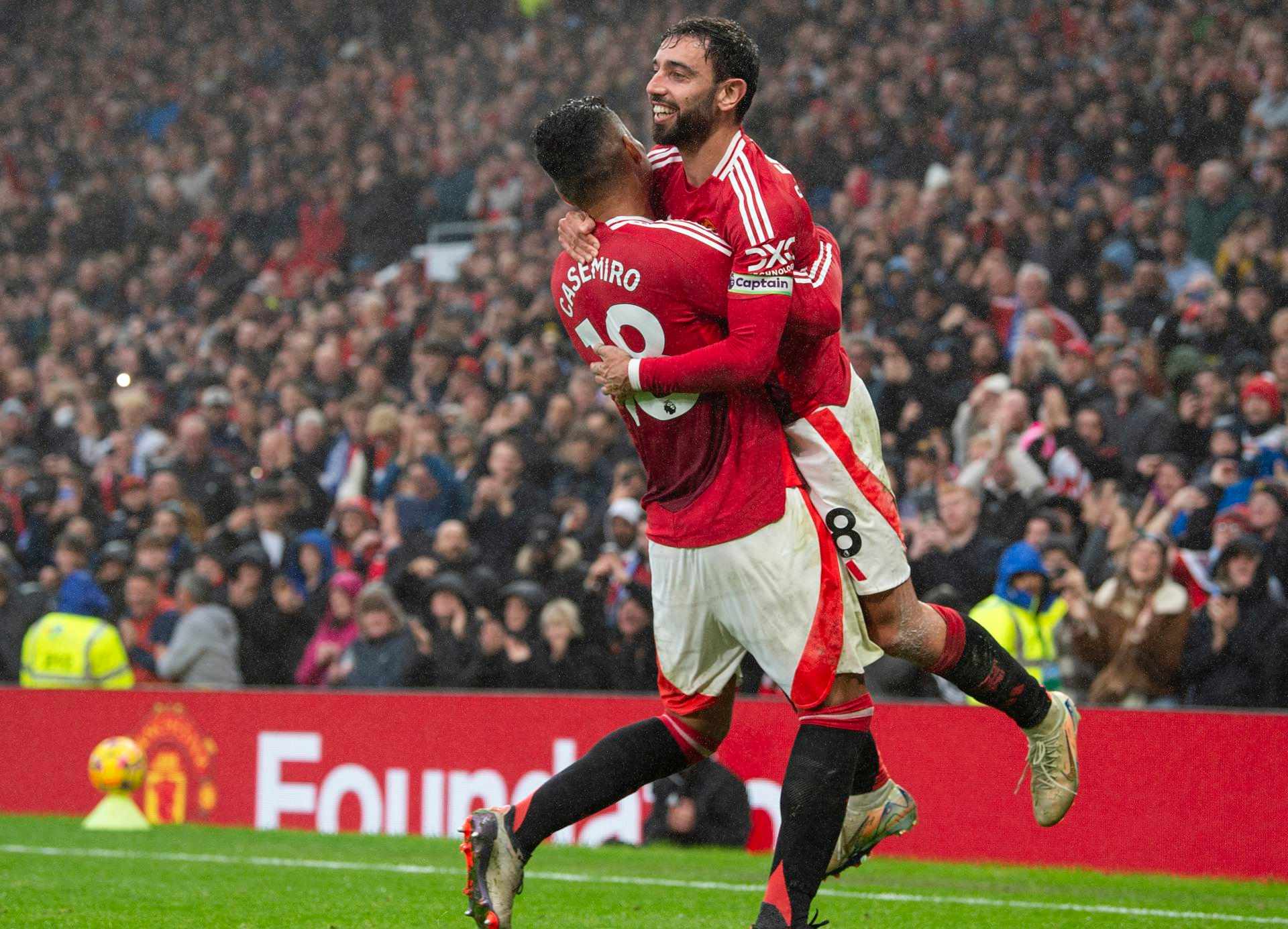
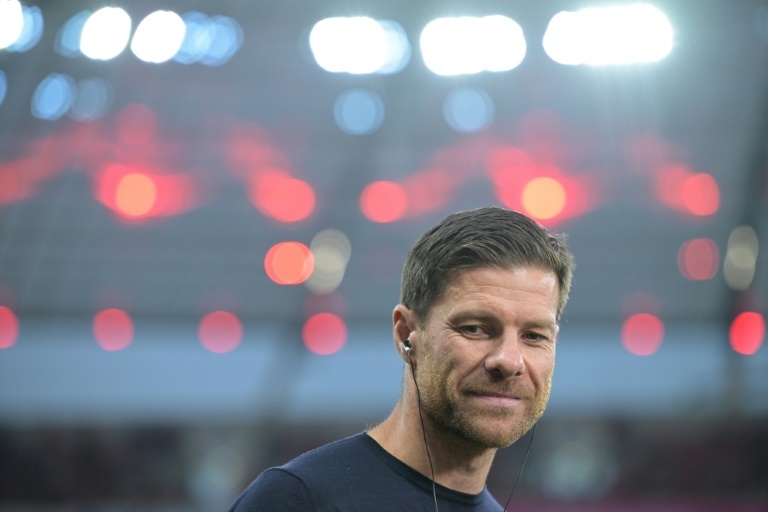
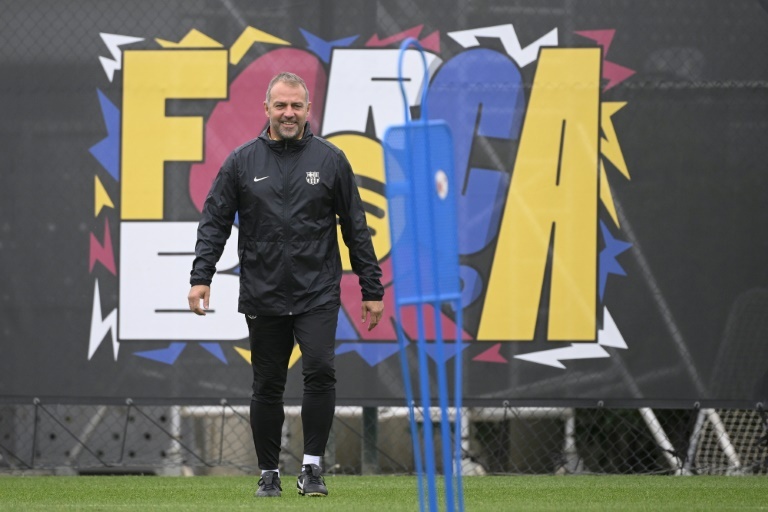
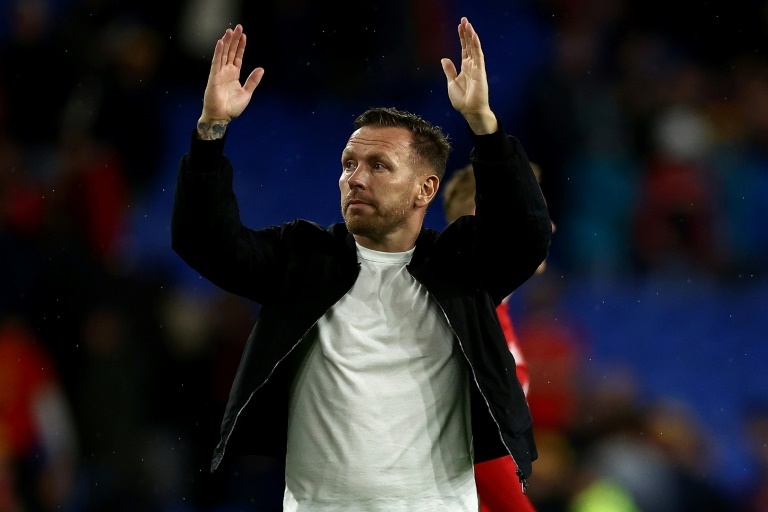
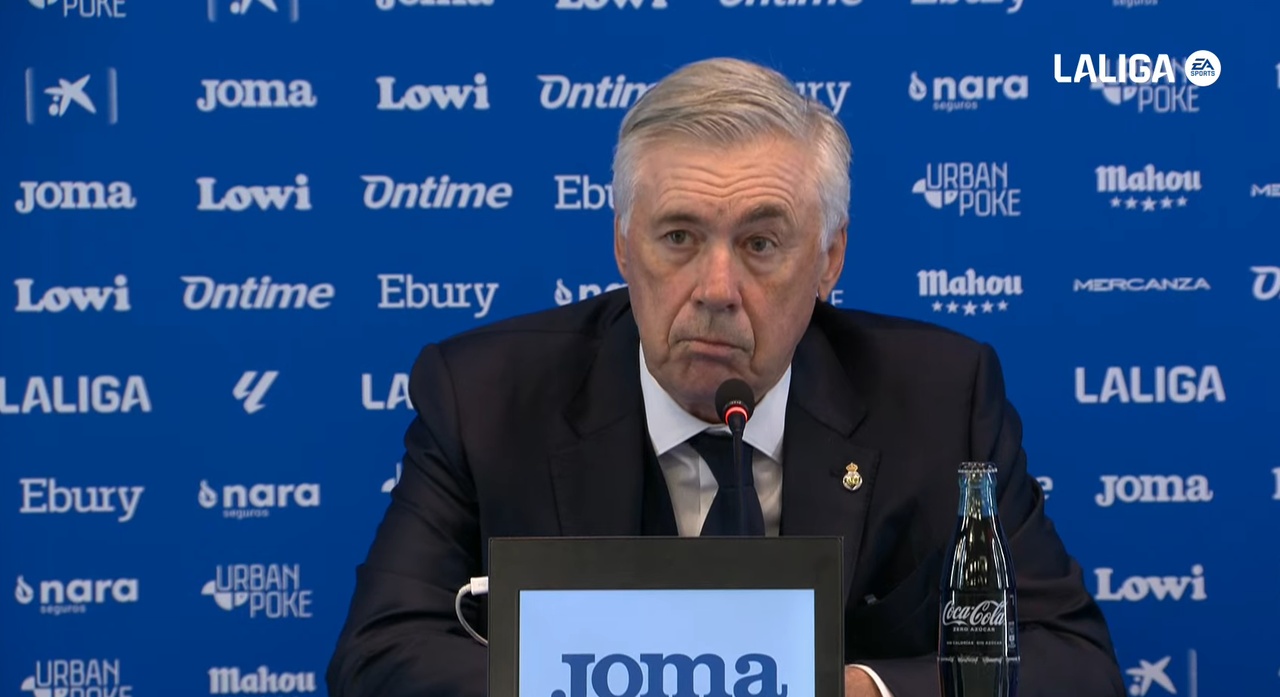
Comments